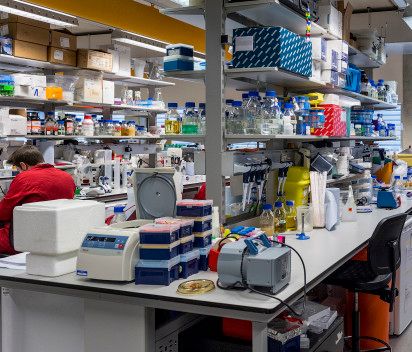BibTex format
@article{Grabe:2016:10.1074/jbc.M116.752782,
author = {Grabe, GJ and Zhang, Y and Przydacz, M and Rolhion, N and Yang, Y and Pruneda, JN and Komander, D and Holden, DW and Hare, SA},
doi = {10.1074/jbc.M116.752782},
journal = {Journal of Biological Chemistry},
pages = {25853--25863},
title = {The Salmonella effector SpvD is a cysteine hydrolase with a serovar-specific polymorphism influencing catalytic activity, suppression of immune responses and bacterial virulence},
url = {http://dx.doi.org/10.1074/jbc.M116.752782},
volume = {291},
year = {2016}
}
